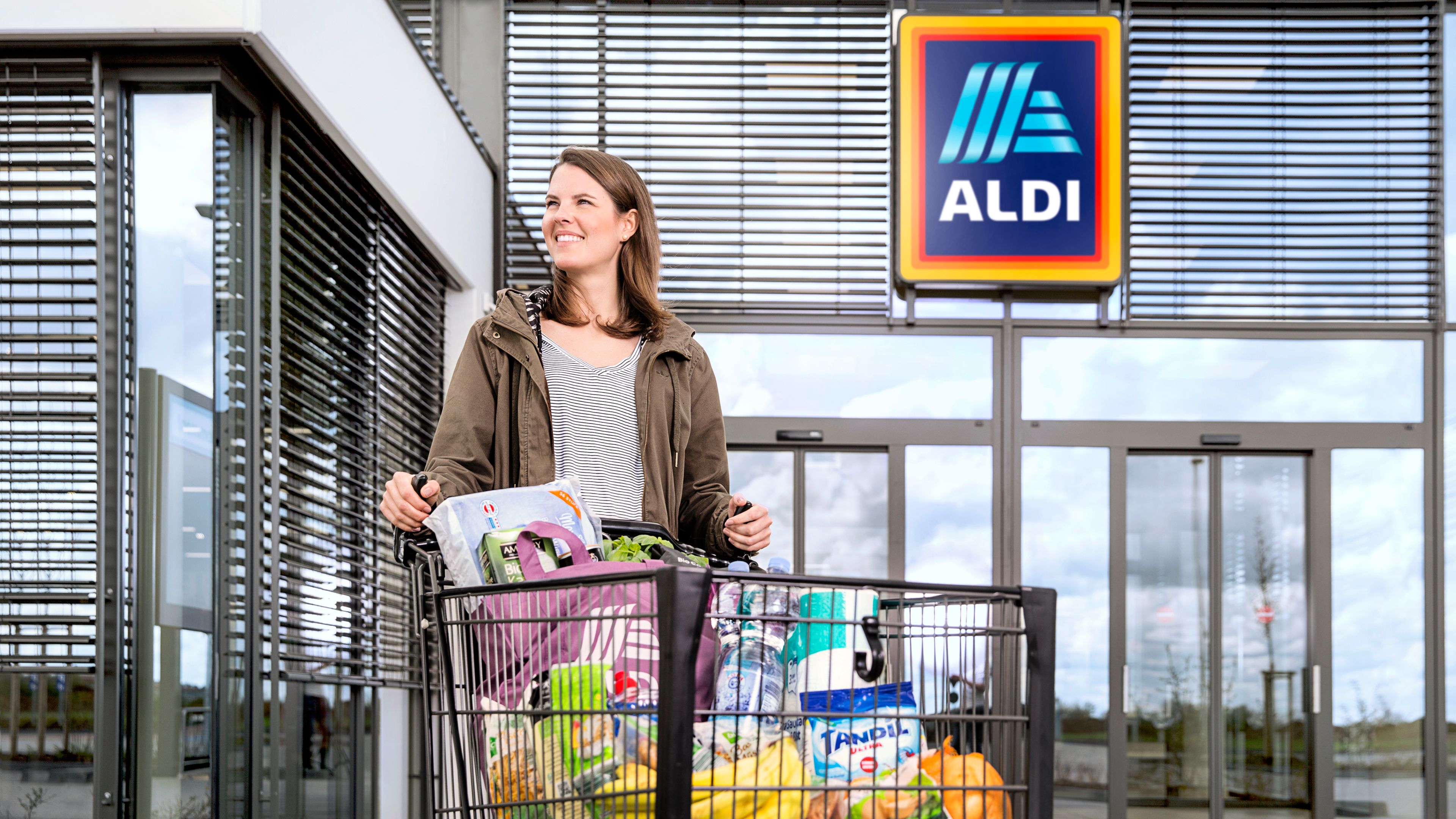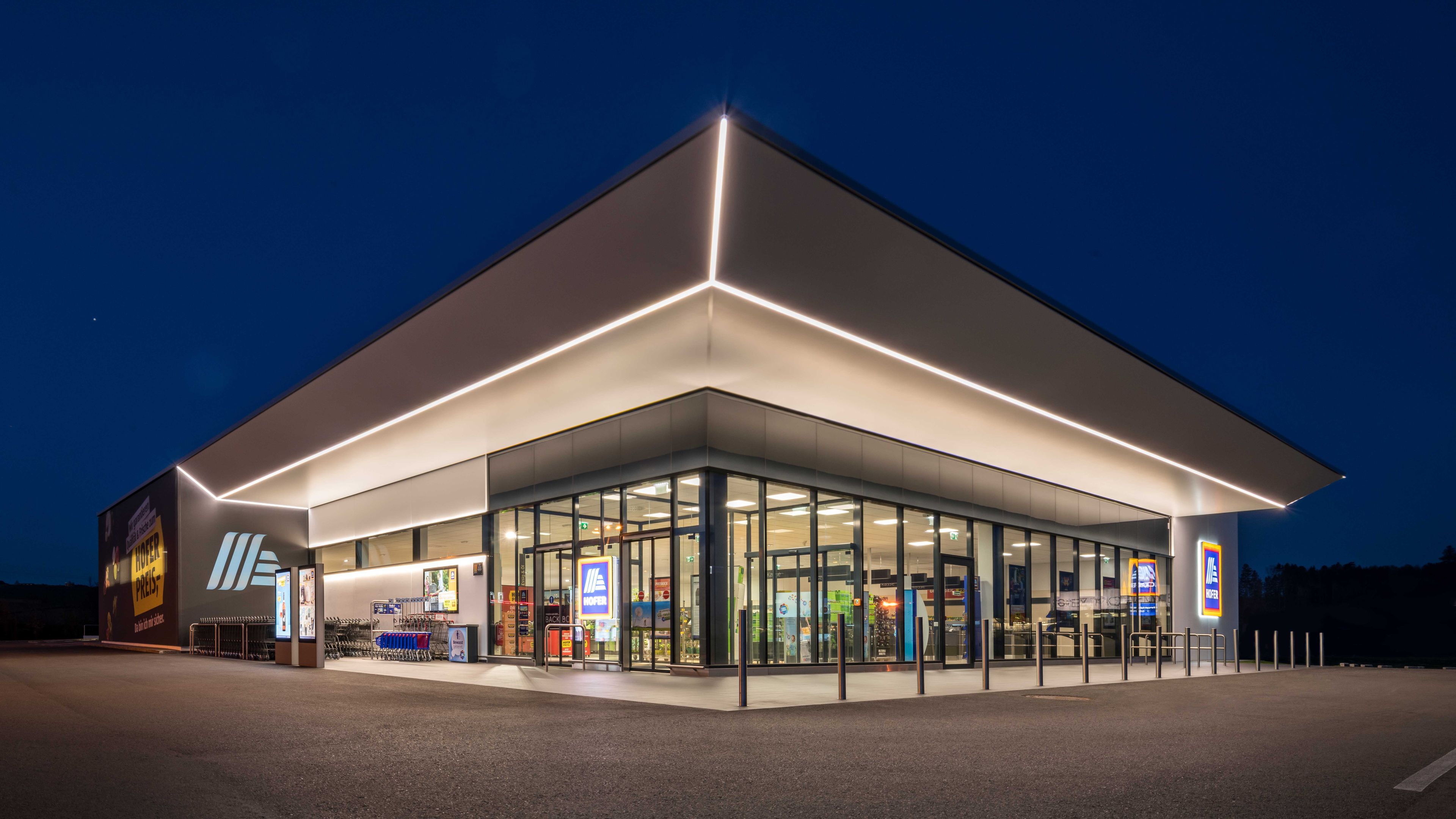The ALDI Story
Hard work combined with bold and far-reaching business decisions - for more than a century, these principles have been key to ALDI’s success. And they still are today.
Looking at the history of ALDI, it’s clear that putting customer needs first creates a lot of respect, loyalty, and lifelong relationships. We offer products and services affordable to all, with sustainability as one of the main driver for the future. This is the incredible story of a small grocery store in Germany growing into one of the world’s biggest retail chains.
ALDI recognised that sustainability is complex and fast-moving. The previous global strategy did not encompass all the areas of sustainability that ALDI needed to focus on to drive change therefore a new strategy was developed to be future.
ALDI SÜD HOLDING is a driving force in shaping the future of the ALDI SOUTH Group. Working closely with the local teams in each country, the Global Sustainability and Buying departments are modernising the way ALDI buys.
After over a year of completing risk assessments to assess what areas of sustainability needed to be a focus for ALDI, the first global strategy (called the International Corporate Responsibility Strategy) was launched.
ALDI identified the need to have a Sustainability Unit in Bangladesh due to a lot of factories being in and around Bangladesh. It acts as a regional sustainability hub in the Indian Subcontinent.
In 2017, ALDI made its debut in the China market through its small Global flagship store.
This "International Corporate Responsibility Report" summarised joint strategies and goals for the entire ALDI SOUTH Group for the first time. The document also provided an overview of prior actions and achievements.
The Sustainability Unit in Hong Kong SAR, China, was set up in 2012 under our Asian office. It acts as a regional sustainability hub in China and South-East Asia.
The Hong Kong Office serves as a support hub for buying activities within the ALDI SOUTH Group. And has continued to grow and become an established Department.
A group-wide sustainability department was formed to implement sustainability into everyday business. Originally in Müllheim, the department later moved to Salzburg, Austria.
This policy has become one of the cornerstones of how the ALDI SOUTH Group does business and is relevant for our employee and business partners.
In 2005, the first ALDI Swiss stores opened their doors.
When the first eleven HOFER stores opened their doors in Slovenia, queues of customers were waiting for their doors to open.
In 2001, ALDI opened its first Australian store in Sydney.
In 1990, ALDI launched in Great Britain, opening its first store in Stechford, Birmingham.
In 1976, ALDI opened its first store in the United States, located in Chicago, Iowa.
In 1968, ALDI SOUTH started to expand internationally by acquiring the grocery chain Hofer in Austria.
In early 1960, the brothers officially changed the name to Aldi, short for ALbrecht DIscount, reflecting the business's commitment to providing affordable products. They also split the business into ALDI Nord and ALDI Sud.
The Albrecht brothers were known for their frugality. They avoided spending money on advertising or in-store decorations and were ruthless in removing poor-selling items from their inventory. By keeping prices lower than competitors, the discount store earned a strong following in post-World War II Germany, where the economy had been nearly destroyed.
The brothers officially founded the German grocery chain in 1946. With a vision to reduce waste and costs, the brothers established a no-frills model at their discount store. They sold only non-perishable goods at affordable prices from a small, nondescript shop.
In 1913, the business was founded in Essen by the Albrecht family. Brothers Karl and Theo Albrecht’s entrepreneurial journey traces back to their mother, who opened a small grocery store in 1913 in a suburb of Essen. The brothers inherited their first store from her, a resilient establishment that survived the bombings during the war.


